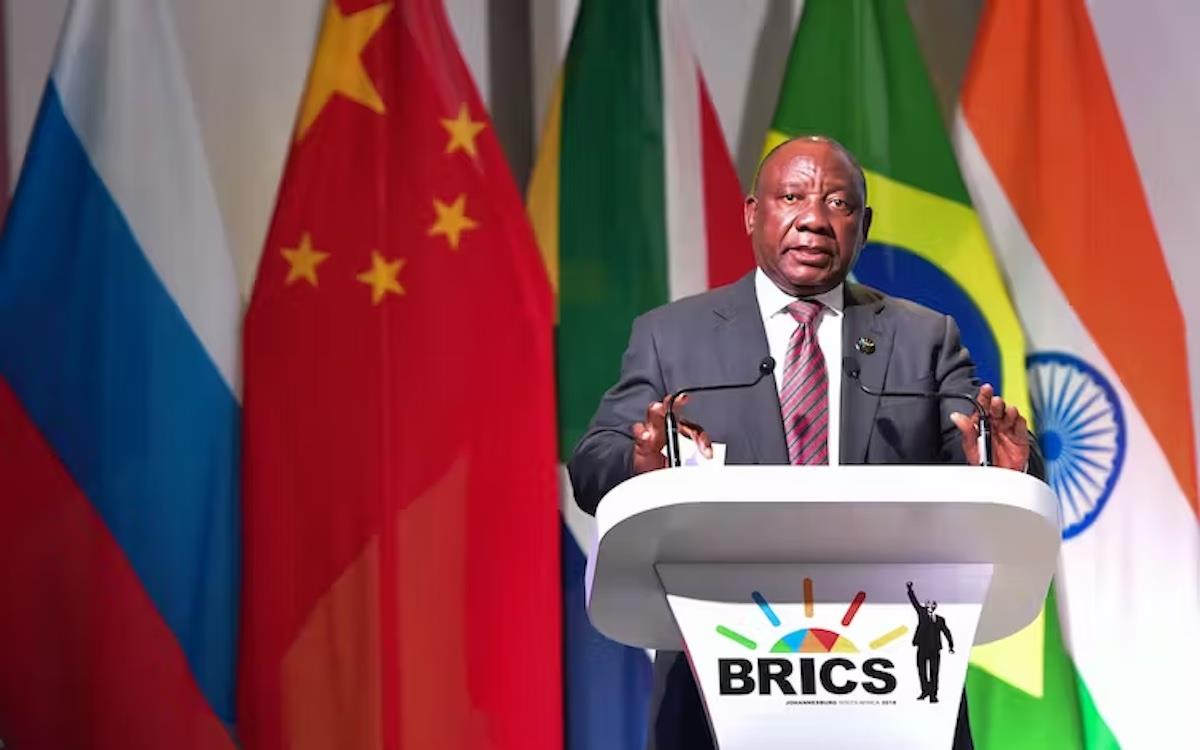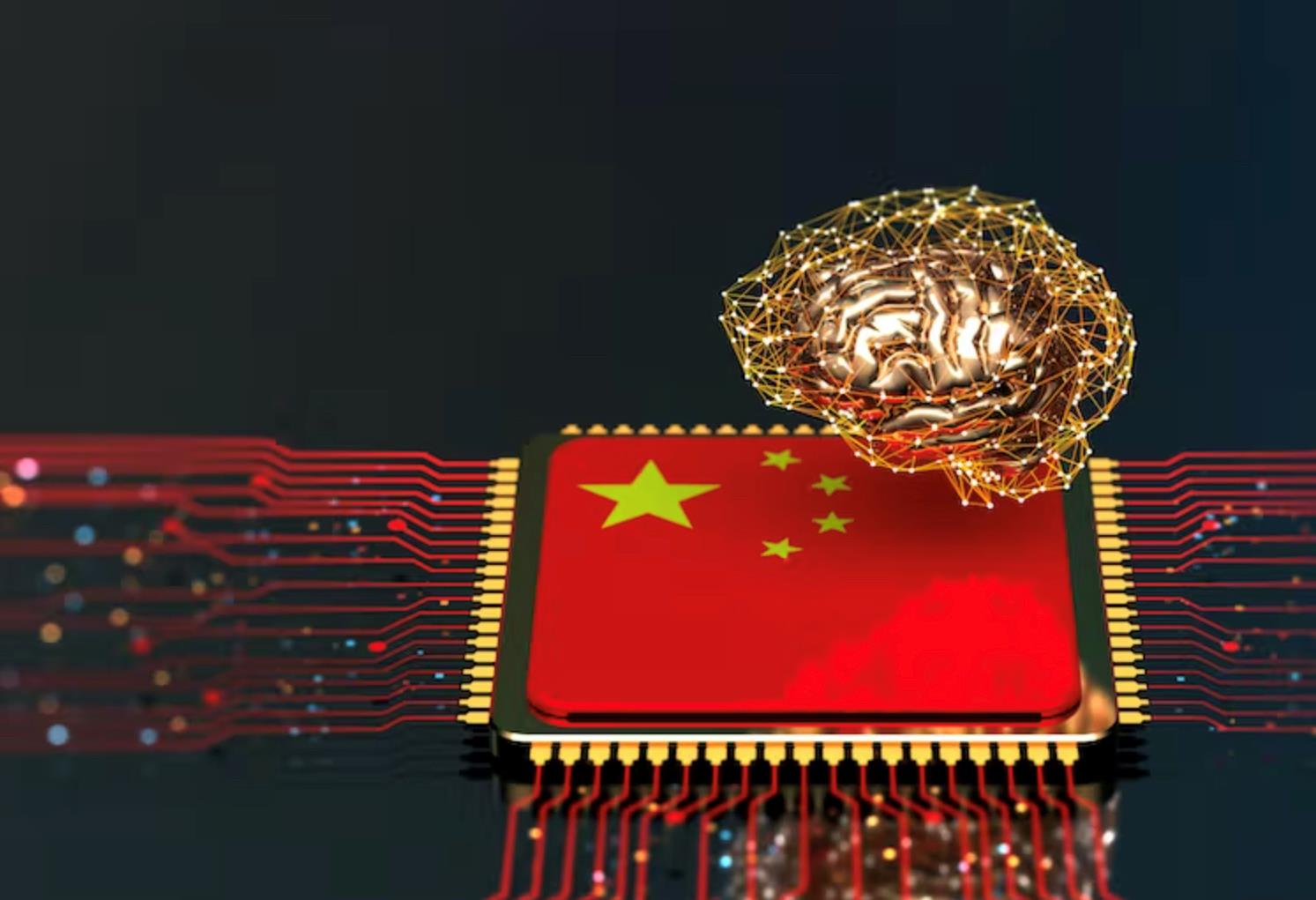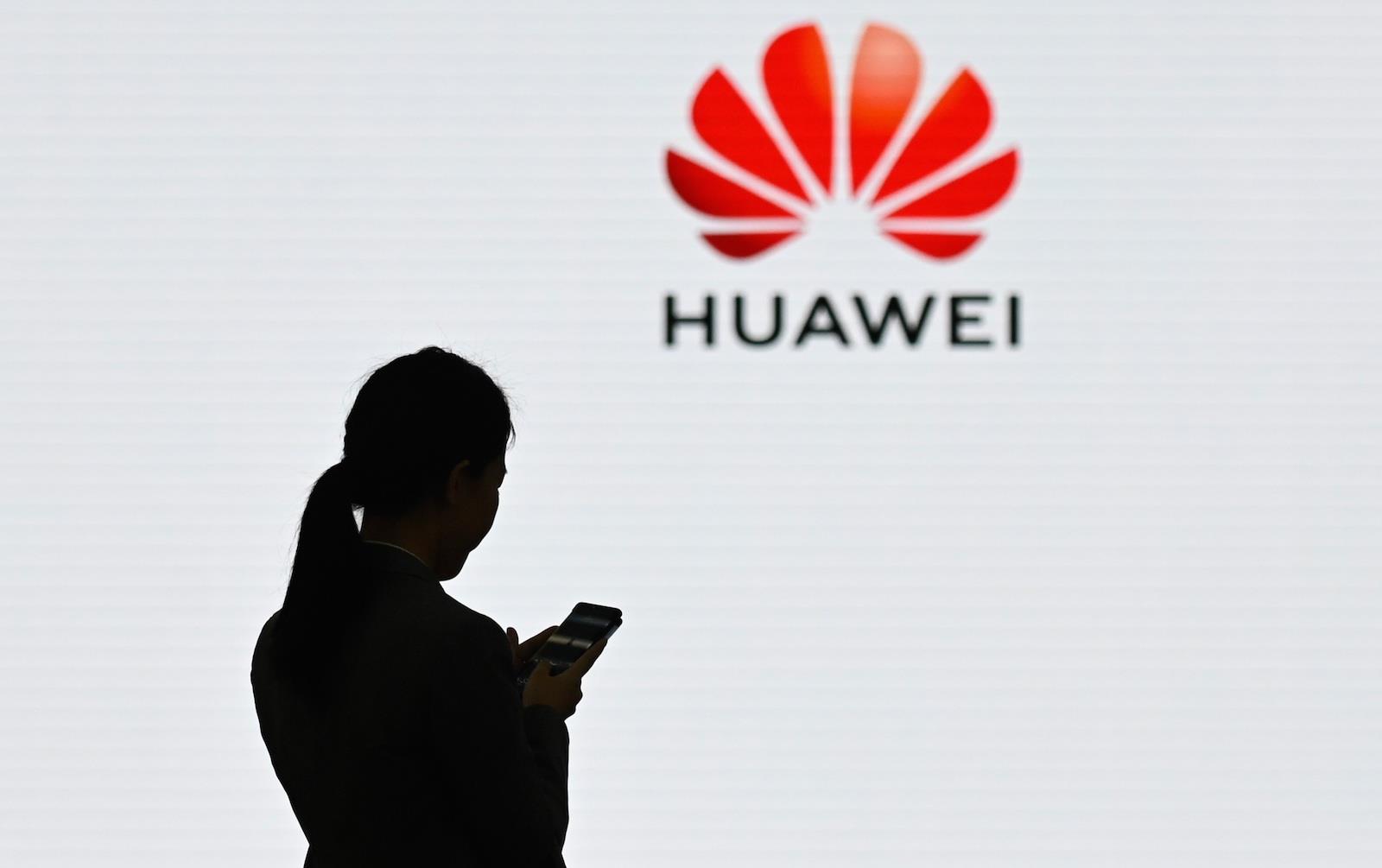But China still has reasons to be less than fully satisfied with the Ministry of Science and Technology. The country has become increasingly frustrated by the United States' technology sanctions, particularly regarding advanced chips and lithography systems.
Unlike the trade war, China lacks equivalent retaliatory capabilities in this technology war initiated by the United States. Though China has attained most of its recently outlined scientific objectives, it takes time to progress from scientific breakthroughs to technological capabilities.
China believes that it urgently needs to make significant changes to escape its current passive position. At the 20th National Congress of the Communist Party of China held in March 2023, China decided to completely overhaul its technology governance system.
The Ministry of Science and Technology lost its central position, replaced by the newly formed Central Science and Technology Commission. The Ministry of Science and Technology was relegated to the Commission's daily office.
The Ministry of Science and Technology's responsibility to promote the application of advanced technology was allocated to various other ministries, including the Ministry of Industry and Information Technology, the National Health Commission, the Ministry of Ecology and Environment and the Ministry of Agriculture.
Latest stories

china claims breakthrough in us nuke sub detection

picture adding indonesia, iran – or cuba – to brics

afghanistan still a threat to the region & beyond
China's central government restructured its science and technology system primarily to break existing power dynamics. The smartest Chinese scientists learned how to manipulate this system to gain influence and resources.

China is pouring R&D money into chips – corruption scandals have followed. Image: Screenshot / Twitter / Mf3D/E+ via Getty Images
For example, some scientists
rapidly published large volumes of papers
on new international hot topics, with their works only requiring technical skill rather than innovative ideas.
They exchanged these papers for increased government funding and rewards, earning the trust of senior leaders unfamiliar with the specific technologies. This allowed them to direct substantial research funding flows.
China believes that it is still underperforming in fundamental research and disruptive innovation - or at least not as well as its output of papers would suggest. More importantly, the Chinese central government is concerned that its control over the country's overall technological development direction has not been as effective as expected.
china's reform agenda in march
explicitly called for the strengthening of the Communist Party of China Central Committee's centralized and unified leadership of science and technology.
The newly formed Central Science and Technology Commission is higher ranking than all government ministries. It has the highest decision-making power over China's science and technology priorities and strategy.
The Ministry of Science and Technology has been reorganized into an implementation office with narrower responsibilities. The reform clearly signaled the leadership's aim to tighten their grip on China's innovation agenda and accelerate progress in strategic technologies.
It is worth emphasizing that while the Ministry of Science and Technology's functions have been reduced during the reforms, this does not mean it has been marginalized within the government.
As the standing operator of China's Central Science and Technology Commission, the
ministry's capacity
to shape the national scientific system has likely been strengthened, as it is tasked with providing guidance to other ministries and organizations.
The reform plan's depiction of the Ministry of Science and Technology's new role reflects China's conflicting views on technological development. On one hand, China's leaders recognize the importance of market forces for technology innovation.
The restructured Ministry of Science and Technology is tasked with promoting technology transfer and commercialization. Compared to before, the Ministry has significantly less power to directly allocate resources and will instead focus on developing fair and reasonable allocation rules.
The Ministry of Science and Technology is also tasked with promoting international scientific cooperation. Despite difficulties in its relationship with the United States, China is still trying to demonstrate an open attitude toward innovation.
On the other hand, China has a stronger desire to harness science and technology for national strategic priorities. The Ministry remains responsible for advancing China's“New Nationwide System” for science and technology.
Chinese leaders frequently cite the examples of“two bombs and one satellite” - missiles, nuclear weapons and satellites - as successes of China's militarised science and technology system in the 1960s and 1970s. They believe that this model could also help China to overcome current US restrictions on high-tech products.

Chinese telecom giant Huawei has taken the brunt of US tech sanctions. Image: Twitter
Though there are still many uncertainties in the ongoing reform, China clearly has the ambition to construct an optimal
science and technology system . China believes that science, knowledge and information are crucial to prevailing in great power competition.
Consistent with this view, China's reform plan in March elevated the China National Intellectual Property Administration in the government hierarchy and established a new National Data Office.
These bodies will play an increasingly significant role in China's national development and security strategy.
Wang Xueying is Associate Researcher at The Innovation Policy Research Office of Shanghai Institute for Science of Science.
This article was originally published by East Asia Forum and is republished under a Creative Commons license.
Like this:Like Loading... Related

























Comments
No comment